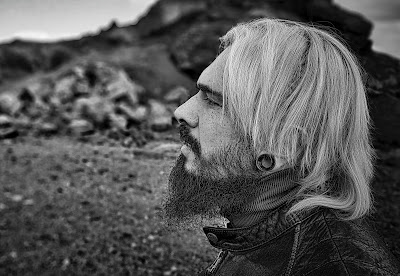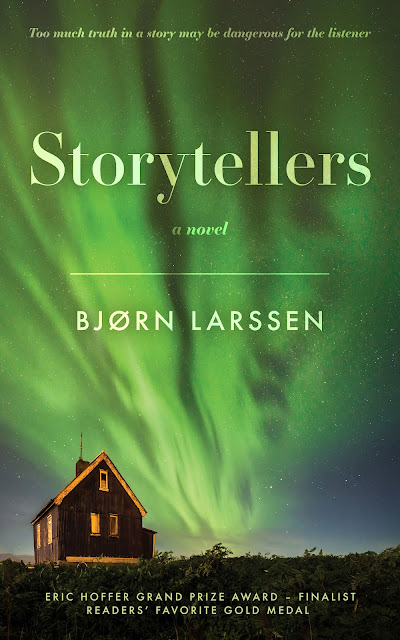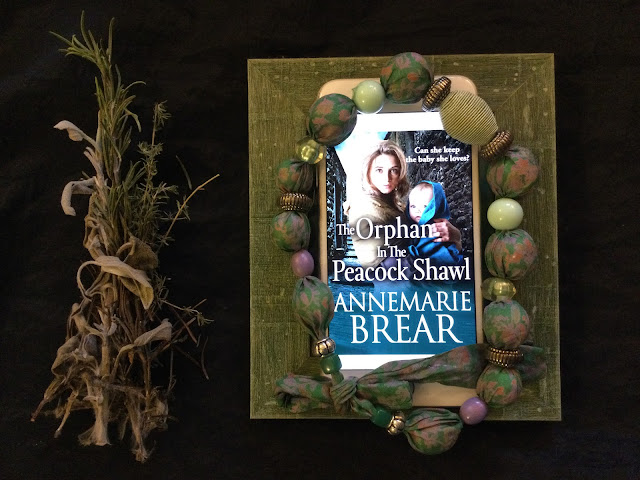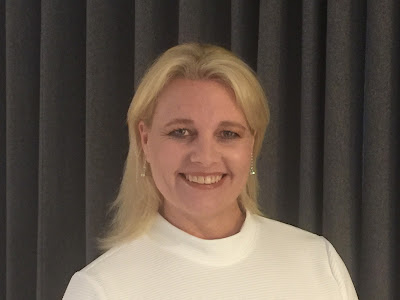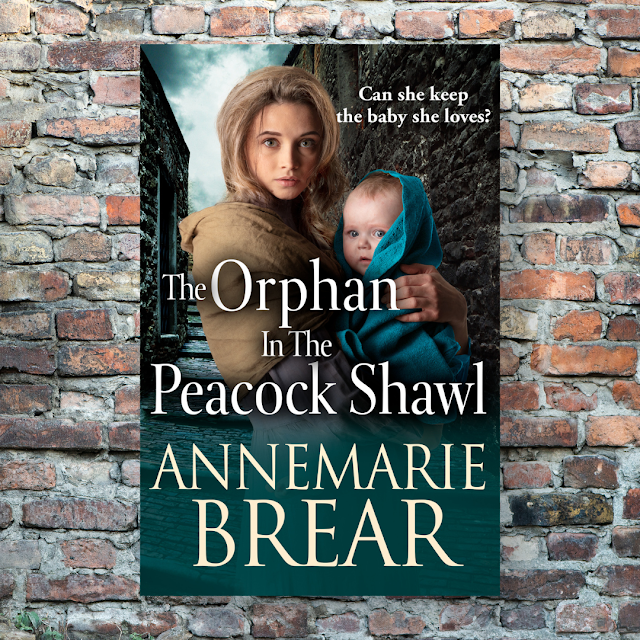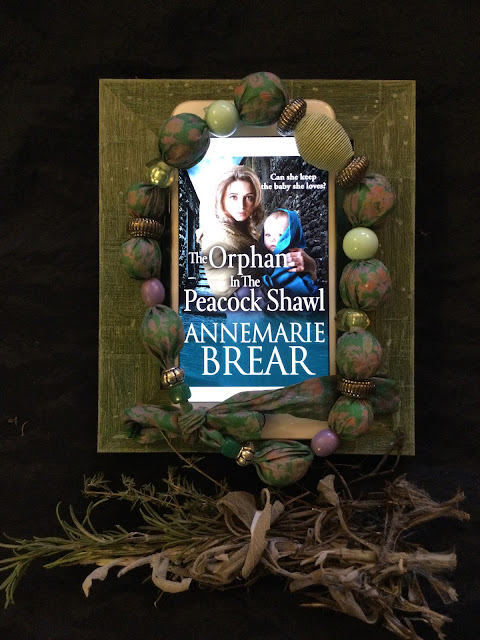"I had to do something, get involved, take a stand, even if it turned out to be futile.
I knew I was about to cross a threshold from which there could be no return, but I couldn't stand idly by when I had an opportunity to do something, however small my involvement".
"It was as if a window had opened into a part of her life, the kind you never imagined your grandparents to have had because to you they were just, well, old."
At the heart of The Helsingør Sewing Club by Ella Gyland lie the tragic secrets, untold for several decades. The story is inspired by the real events of the WWII.
This emotionally charged story is set in a dual timeline: Helsingor of 1943 and Copenhagen in 2018.
The Prologue takes us to the devastating September days of 1943. David Nathan, a Law student, attends the synagogue, when their rabbi shares the terrible news that the Gestapo will come and arrest all Danish Jews. Until then, "despite being under German occupation, Denmark had more or less been able to carry on as normal, with their own government and their own laws."
David wonders "what the consequences of that might be for him and others like him". He is worried about his frail mother who is in the hospital. It is not the first time she would have to flee. She was a teenager when she escaped the pogroms, it has deeply affacted her and she has never truly recovered from it.
Copenhagen, 2018:
We meet Cecilie Lund as she is saying Goodbye to the flat of her late grandmother Inger Jensen, getting it ready for the house clearance company. Looking through her things, Cecilie is missing her Mormor. "She'd never known anyone to embrace life as wholeheartedly as Inger Jensen had. Her grandmother had lived for the present and taken things as they came, tackling life's ups and downs with common sense and a willingless to roll up her sleeves if required".
Cecilie is recently divorced, and still not able to process her grief. Her husband has left her because she is not able to have children. His casual cruelty has hurt her badly, she is unbalanced and angry. "The death of her grandmother, Inger, had provided Cecilie with an opportunity to focus on something other than her own self-pity".
Clearing out the cellar, she finds a cigar box with jewels. Why was it hidden away? "Inger Jensen had had a few secrets, had perhaps hidden more from her family than her illness and the cigar box in the cellar. What they were, Cecilie couldn't even begin to fathom, and her grandmother couldn't tell her now".
We travel back in time again, to the period of the German occupation. Young Inger Bredhal goes to live with her relatives in Helsingør.
Inger's cousin Gudrun and her friend Bodil soon become close. They are different in personalities and temperament.
Gudrun is passionate and impulsive, to the point of recklessness. She resents the Nazis and is very pro-active. Her boyfriend, fisherman Niels, shares her sentiments and ardour.
Bodil is a shy, vulnerable girl, who is systemtically abused by her violent father. At the dances she meets a German soldier Oskar who seems to be courteous, gentle, and sympathetic. Nobody has ever treated her with such consideration. But he is the enemy. How can you fall in love with the enemy? Torn between her romantic feelings and loyalty to her country, Bodil is racked with guilt.
Helsingør is a small community. When the Jews flee from Copenhagen, the news spread quickly among the locals.
There is an incredible scene, when the local priest tells his parishioners that he has a pastoral letter from the bishop, which has been sent to all of the country's priests. It says, "Wherever Jews are persecuted on racial or religious grounds, it is the duty of the Christian Church to protest against it... The Church must protest because the persecution of Jews goes againts the view of humanity and neighbourly love that follows from the message that the Church of Jesus Christ is here to profess. Any human life is precious in the eyes of God". Such a strong dignified message.
And the Danes around the country take this message to their hearts. They begin to openly oppose the occupation. "Denmark's Jewish population had long been thoroughly integrated into society, with some members of the Jewish community having risen to prominence. Because of this, most Danes perceived the Nazis' action against Denmark's Jews as an affront to all Danes, and rallied to the protection of their countrymen". Ordinary Danes opened their doors in solidarity to the refugees.
Inger's aunt Marie says, "For us this is the right thing to do. The Germans have no right to come here and tell us who's Dane and who isn't. It goes against the grain with us".
Inger joins the underground resistance. Alongside her friends and colleagues, she risks her life to save members of the Jewish community, helping them to escape to Sweden. She is scared, and doesn't know who to trust, or who might inadverently say something to the wrong person.
"The more you knew, the more you exposed the ones you loved, and the more you loved, the more you stood to lose. But someone had to make a stand, whatever the cost. I owed it to my country and all those suffering at the hands of the Germans".
As Cecilie reads the diary of her grandmother, which reveals the long-held secrets, she sees her in a new light, not just as a family matriarch, but a courageous and brave person, who's sacrificed a lot for her principles and freedom of her fellow countrymen.
She discovers that the name of the group, The Helsingør Sewing Club, was meant as a codeword, in case the phones of the members of the group were tapped. "The idea was that they would simply be referring to their wives' sewing circle as these were quite common at the time".
Reading the diary also helps Cecilie to look at her life from a different perspective and stop feeling like a victim.
Will Cecilie find inner peace and reconcile with her circumstances? Is there a possibility of a new love for her?
Ella Gyland creates a captivating narrative, where the hidden secrets from the past are revealed, slowly and perceptively. The author brings to life the epoch, landscapes, social mores and daily rhythms of life during the war. This is an absorbing, emotional tale, with memorable female protagonists who stand up for what is right.
This beautiful poignant novel made me think about my own grandmothers, both of whom were under the German occupation in the southern regions of Russia. They never talked about it later, as if trying to bury the memories.
The Helsingør Sewing Club is an evocative, eloquent novel, an unsentimental tale of courage and the power of the human spirit.
Purchase Link - amzn.to/3nv7jR6
Author Bio – Originally from Denmark, I have lived in London for many years, surrounded by my family, cats, books and the Scandinavian hygge I try to create everywhere I go. As a linguist I love playing with words and language, and I am addicted to story-telling. I also believe strongly in social responsibility and sustainable living.
Social Media Links –
Twitter: Ella/Henriette Gyland, @henrigyland
Website: https://henriettegyland.wordpress.com/







